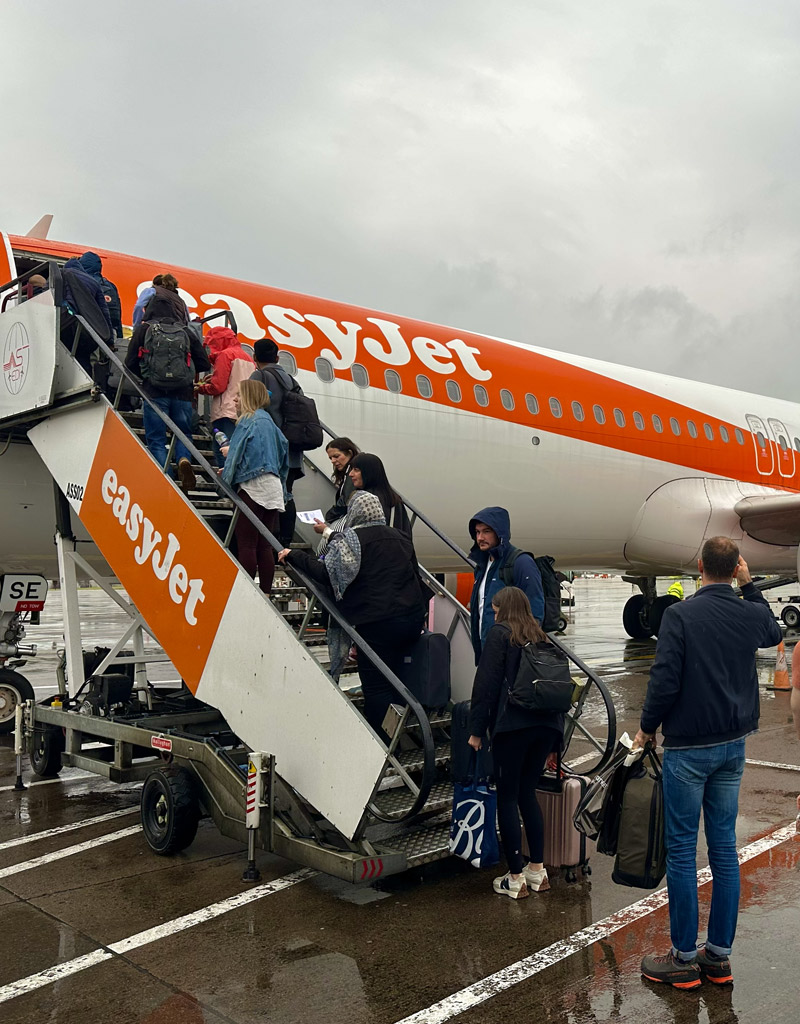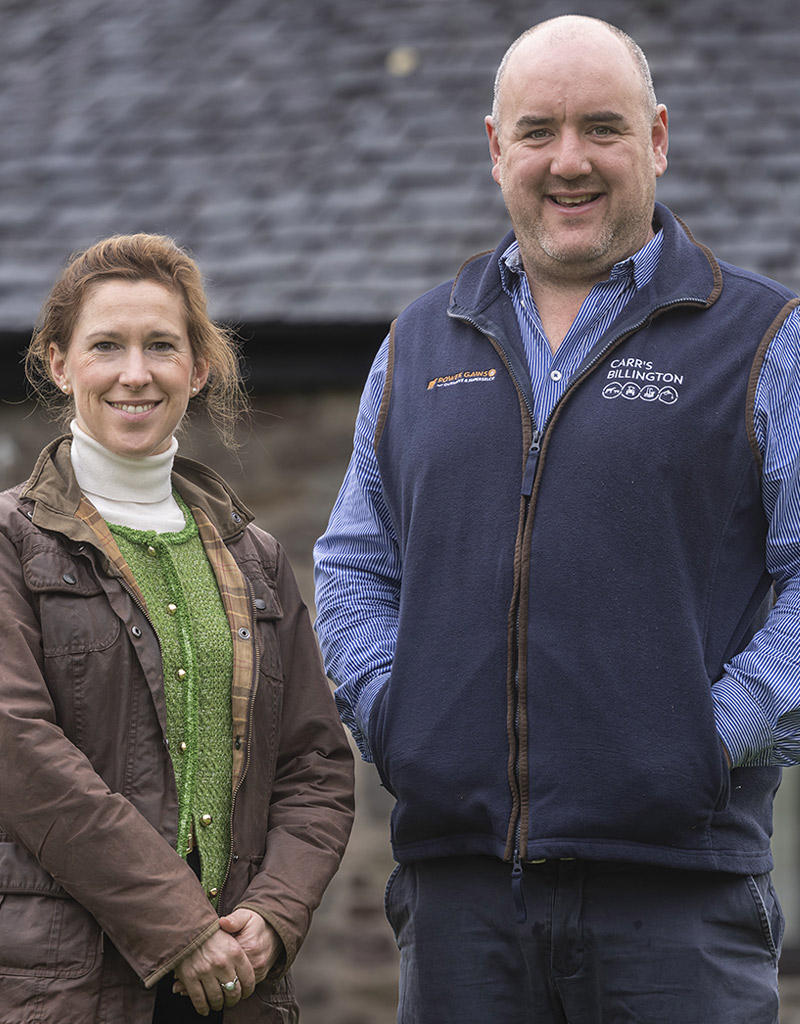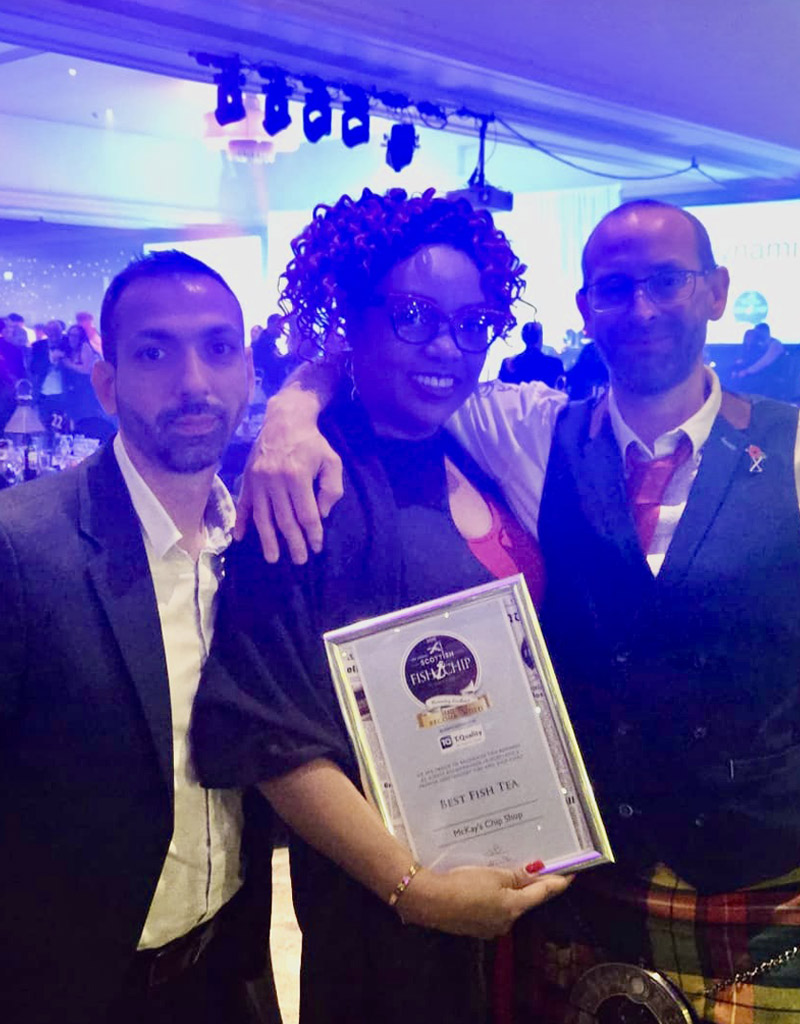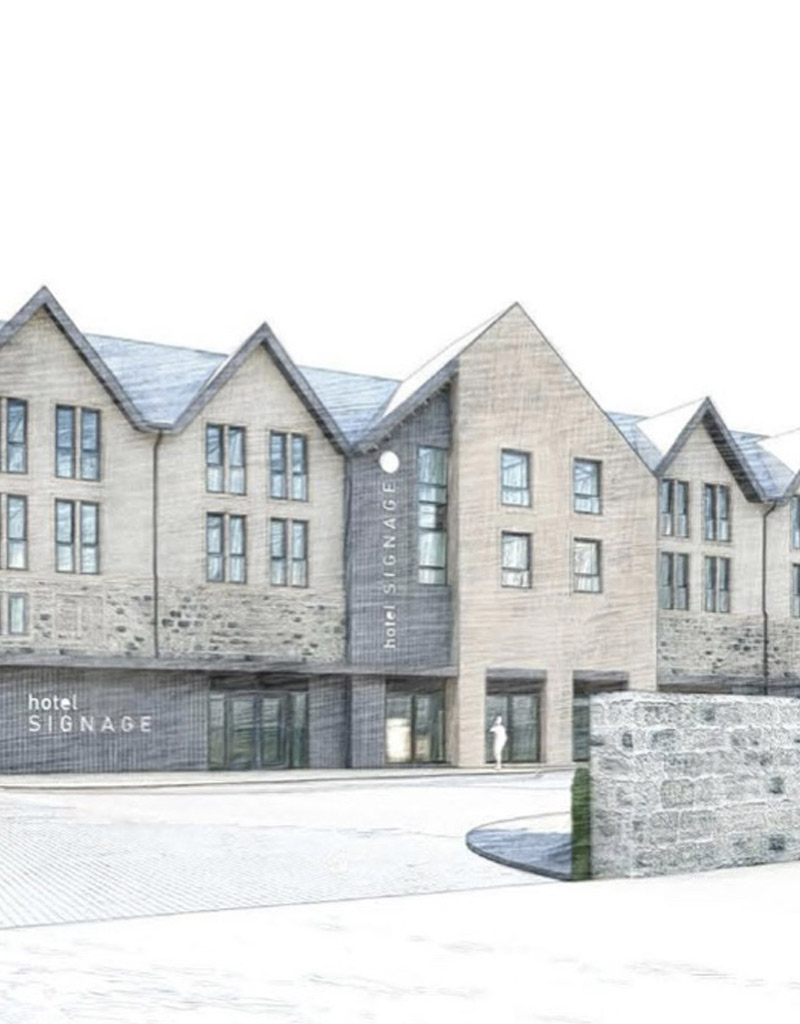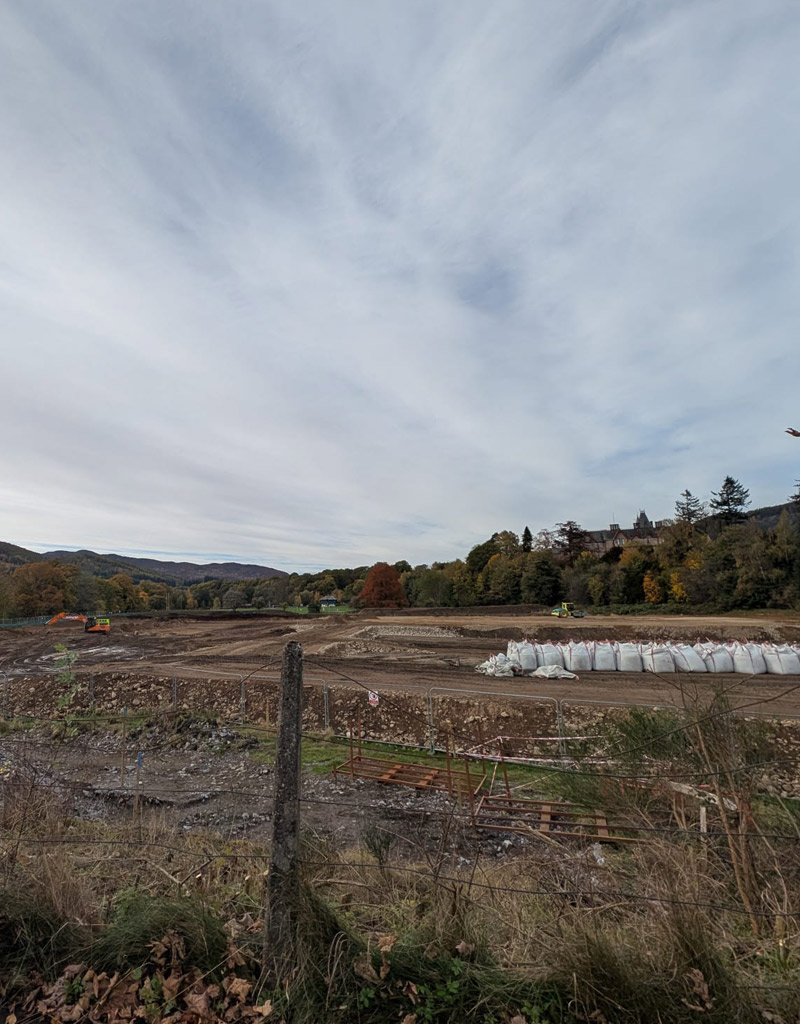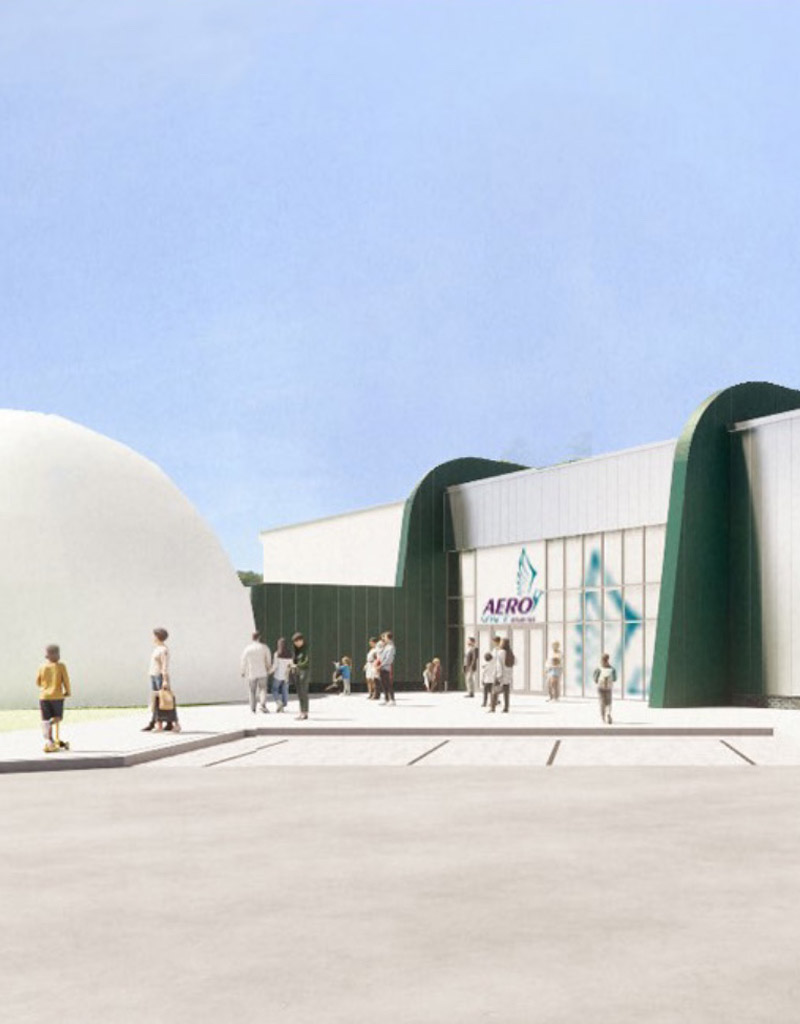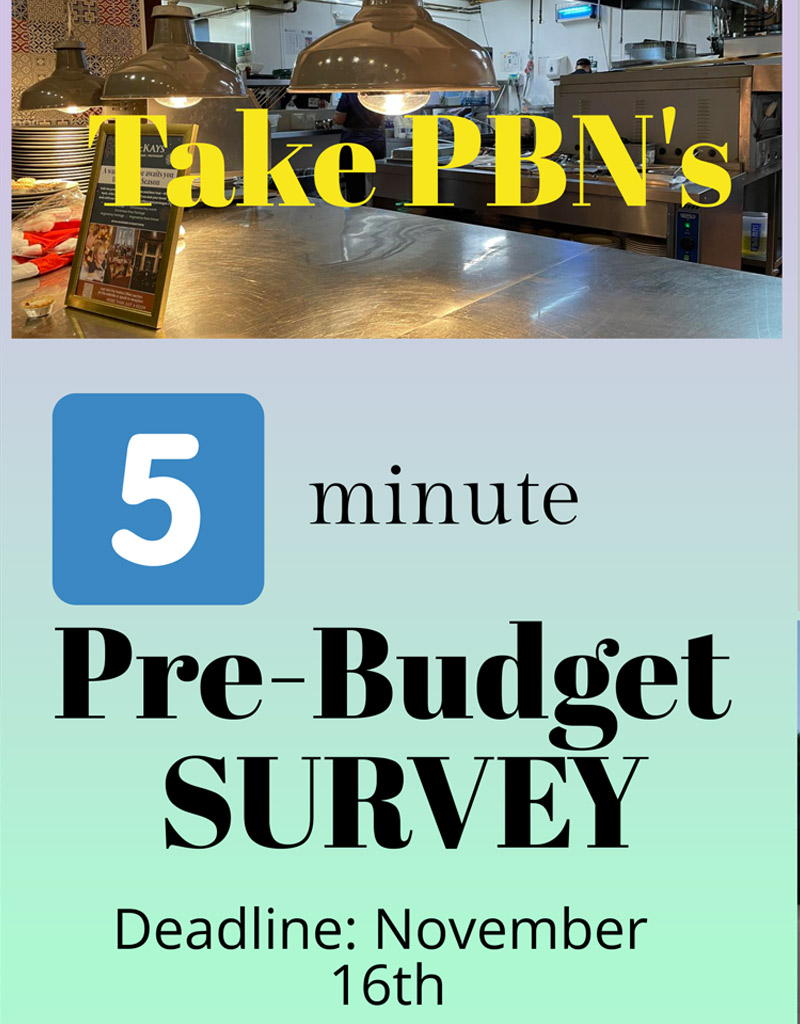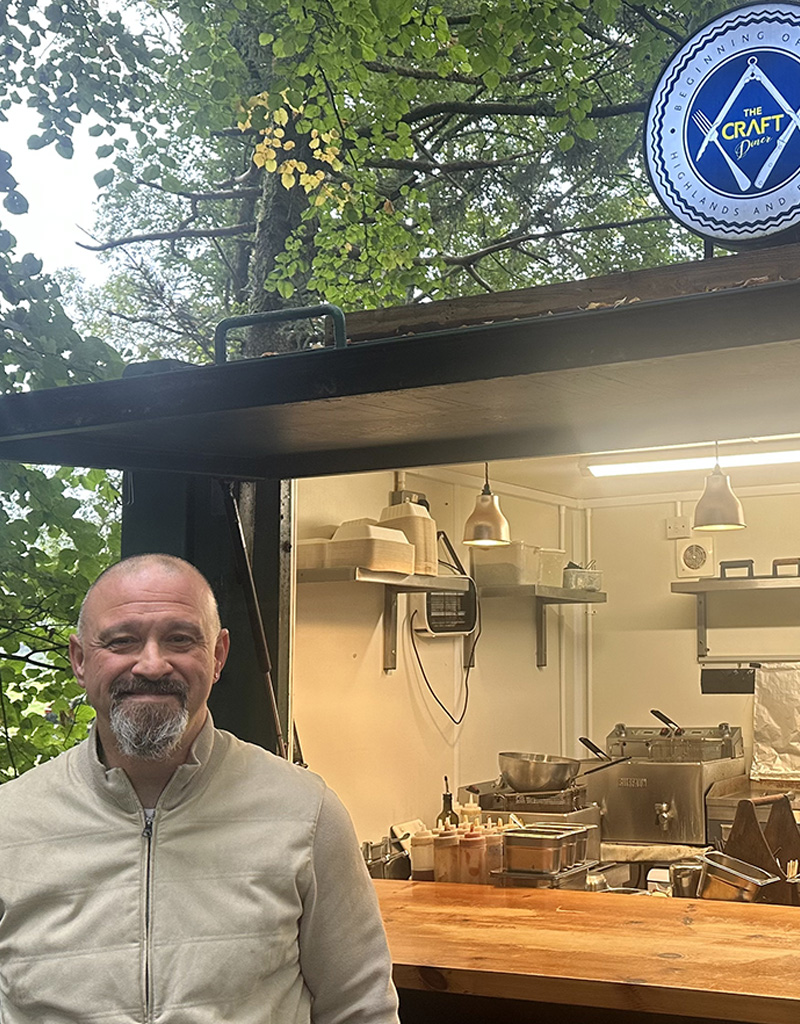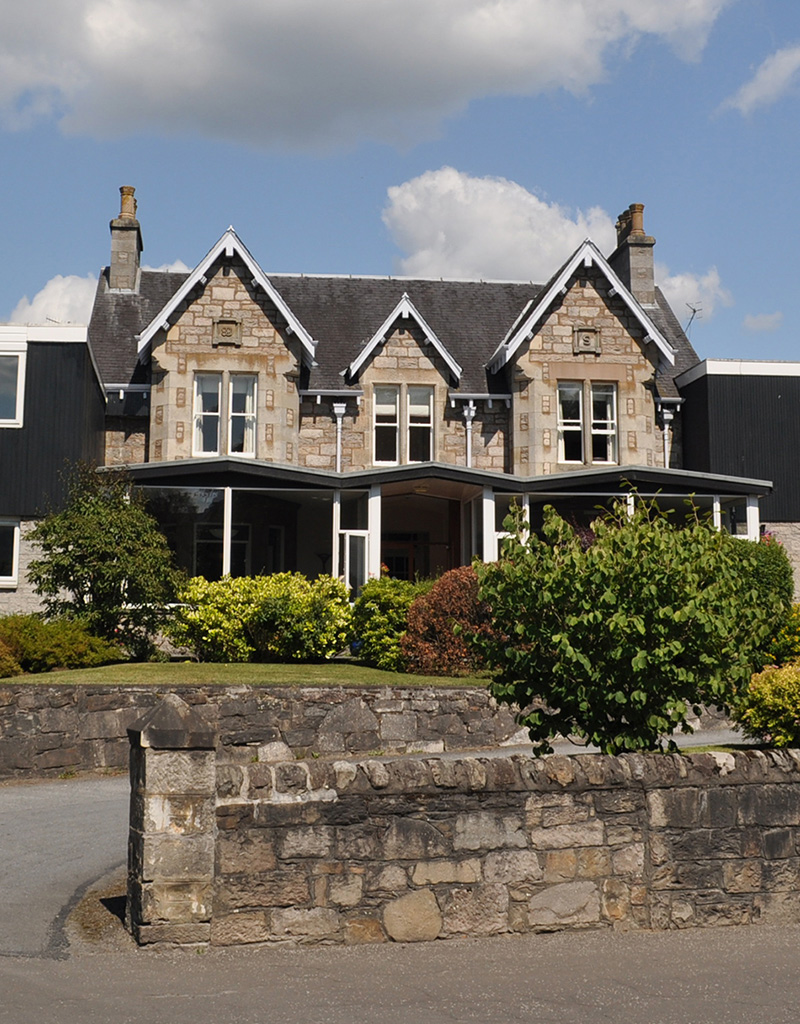The Tourist Tax - Boost or Burden?
22 July 2025

PBN examines the case for a Perthshire Visitor Levy
A Visitor Levy- Yes or No?
It has proved highly divisive, with fears over visitors staying away.
But what would be the pros and cons of a Visitor Levy for Perthshire?
Edinburgh City was the first local authority to take the plunge. From 24th July next year, every overnight visitor to the capital will pay a 5% surcharge.
By 2028/29, this is predicted to bring in £45m to £50m to boost tourism services.
However, the policy has not been without controversy, and, in the Highlands, debate is still raging on a similar 5% tax ahead of a critical council vote.
Take the Survey
Are you a Perthshire business in the tourism sector?
What are your thoughts on the Levy?
Take Our Anonymous Survey here*PBN will report the results after the deadline of Friday August 22nd, 2025.
 Cities like Venice are accustomed to charging visitors levies
Cities like Venice are accustomed to charging visitors levies
Contested narratives
What is it about the Visitor Levy which splits opinion?
Fly to Venice, Paris or Amsterdam and ‘occupancy’ taxes are commonly applied to overnight stays.
Indeed, when the EU carried out its study on tourism taxes in 2017, 18 member states were already operating such levies.
In areas of high tourism, the revenues can help authorities upgrade tired visitor infrastructure and links, benefitting visitors and local alike. But the proposals, in Scotland, have been met with concern, with some hospitality bodies claiming it will impact jobs and force cost-conscious tourists to go elsewhere.
That loss of custom, they say, could prove a bridge too far, with margins already trimmed by inflation, National Insurance rises and hikes in the minimum and living wage.
 Perthshire relies heavily on attracting tourists
Perthshire relies heavily on attracting tourists
What’s the deal for Perthshire?
- Perth and Kinross Council is currently consulting to inform a draft proposal, likely to be produced in December, see
- On the table is a 1% Levy which would bring in £1.6 to £1.8 million OR a 5% charge which would mean £8.2m to £9.3m in revenue OR a 7% levy which would be expected to net £11.5 to £13m for the local authority
- The cash would be spent on improving visitor services such as destination marketing and improved tourism infrastructure
- The taxes would be collected by accommodation providers
- If Perthshire forges ahead, proposals would likely take effect in September 2027
Perthshire Business News spoke to key individuals in the Highland Council area, to see how tourism-related businesses have reacted to a Visitor Levy, there.
What could Perthshire businesses learn?
What are the issues?
 The onus for collecting levies will fall on the accommodation providers
The onus for collecting levies will fall on the accommodation providers
Burdens on the visitor
The overwhelming consensus is, firstly, that hospitality providers are not opposed to helping local authorities, appreciating that core council budgets have been squeezed.
Similarly, they want to see more spent on improving tourism and the revenues would be welcomed.
The fear, however, lies is in how visitors will react.
“We can’t keep passing on costs to guests but that is what will happen and that is worrying. Businesses are already dealing with higher operational costs and other taxes. They can’t absorb this, too,” said one.
With prospective visitors able to assess comparative costs of holidays and breaks from their sitting rooms, tourism businesses fear a drop in bookings. Achieving the balance between having funds to upgrade facilities like transport whilst keeping destinations attractive was a key finding of a paper to the EU by PricewaterhouseCoopers called The Impact of Taxes on the Competitiveness of European Tourism, in October 2017.
“Analysis suggests a strong economic case for countries which compete heavily for tourists to reduce specific taxes on the sector, increasing their competitiveness and allowing them to attract more tourists.”
This will be in the minds of Perthshire business owners – and councillors - as they consider a levy. The economy, after all, is tourism-focused with 13.5% of all regional employment related to the sector, according to VisitScotland.
No fewer than 680 businesses in Perthshire rely on visitors, with 689 000 overnight stays recorded in 2023 (VisitScotland Visitor Survey).
On average, each overnight stay attracts a spend of £305. Will another chunk on top prove too much for some, turning them away?

‘It’s not the scheme, it’s the format’
Umbrella body, the Scottish Tourism Alliance, wrote to Scottish Ministers in May, pressing for an urgent amendment to the legislation which introduced the idea of tourist taxes in the first place.
Their argument is that the problem with the scheme is the design, rather than the concept itself. Had local authorities been able to impose a flat fee, for example, the system would be easier to administer.
Instead, the levy will be a percentage of each room, causing headaches for properties that change rates regularly due to market demand.
In the Highlands, probably the biggest worry of all is that the tax will nudge some accommodation providers into higher tax thresholds that they cannot afford.
Because the providers collect the tax, it is classed as revenue to the business, even although the cash is then clawed back by the local authority. ‘A tax on a tax’ is the claim, with some fearing smaller guests houses and B and Bs could go under due to the higher taxes or VAT demands from HMRC, triggered by having to ‘police’ the levy.
“Businesses need to ask what the economic impact will be on the businesses themselves, who are collecting the levy. That is the piece that has been missing. The case for councils getting extra revenue is the argument that everyone hears and people don’t have a problem with councils getting more money, but what about the businesses? That is the key issue,” said a senior highland tourism source.
Take the Survey
Are you a Perthshire business in the tourism sector?
What are your thoughts on the Levy?
Take Our Anonymous Survey here*PBN will report the results after the deadline of Friday August 22nd, 2025.


